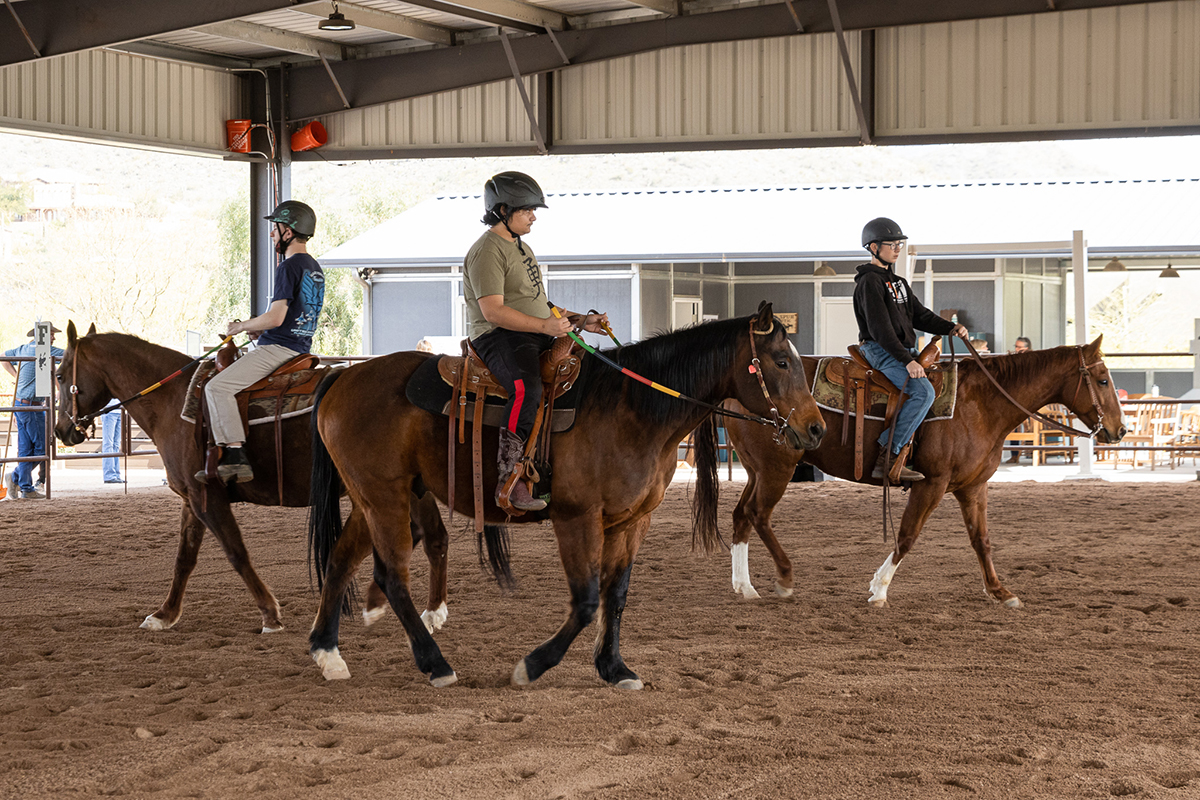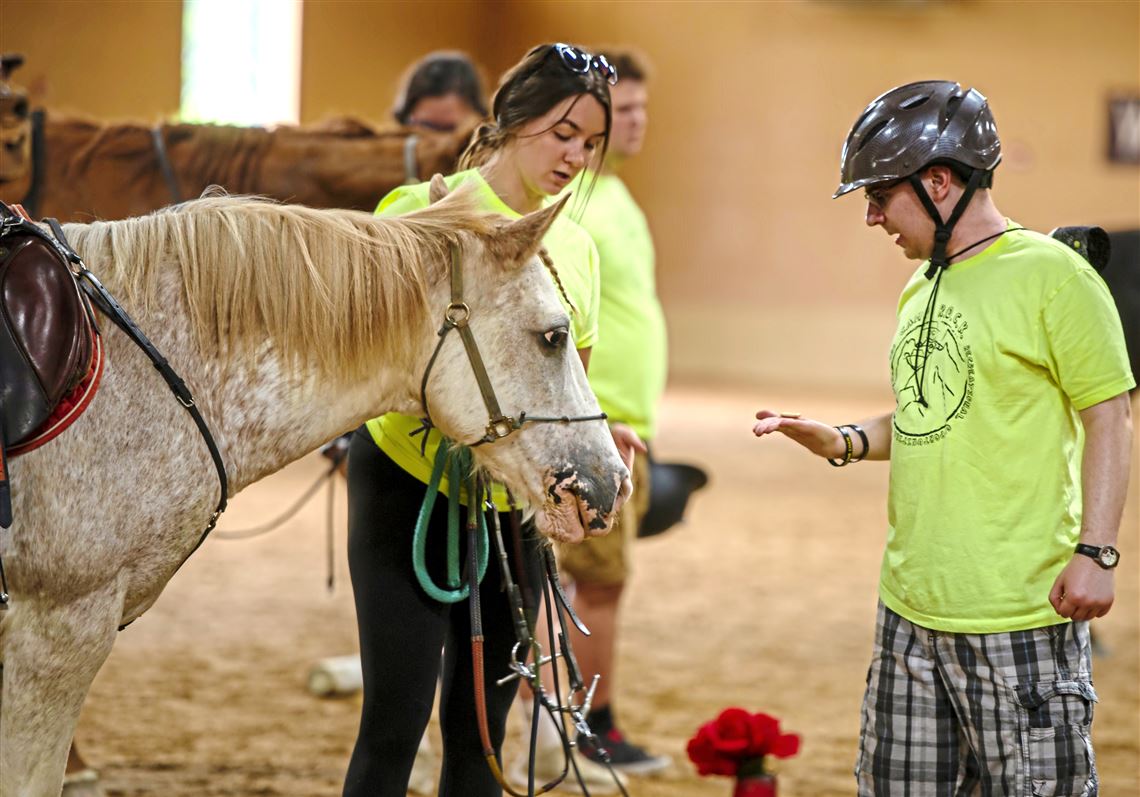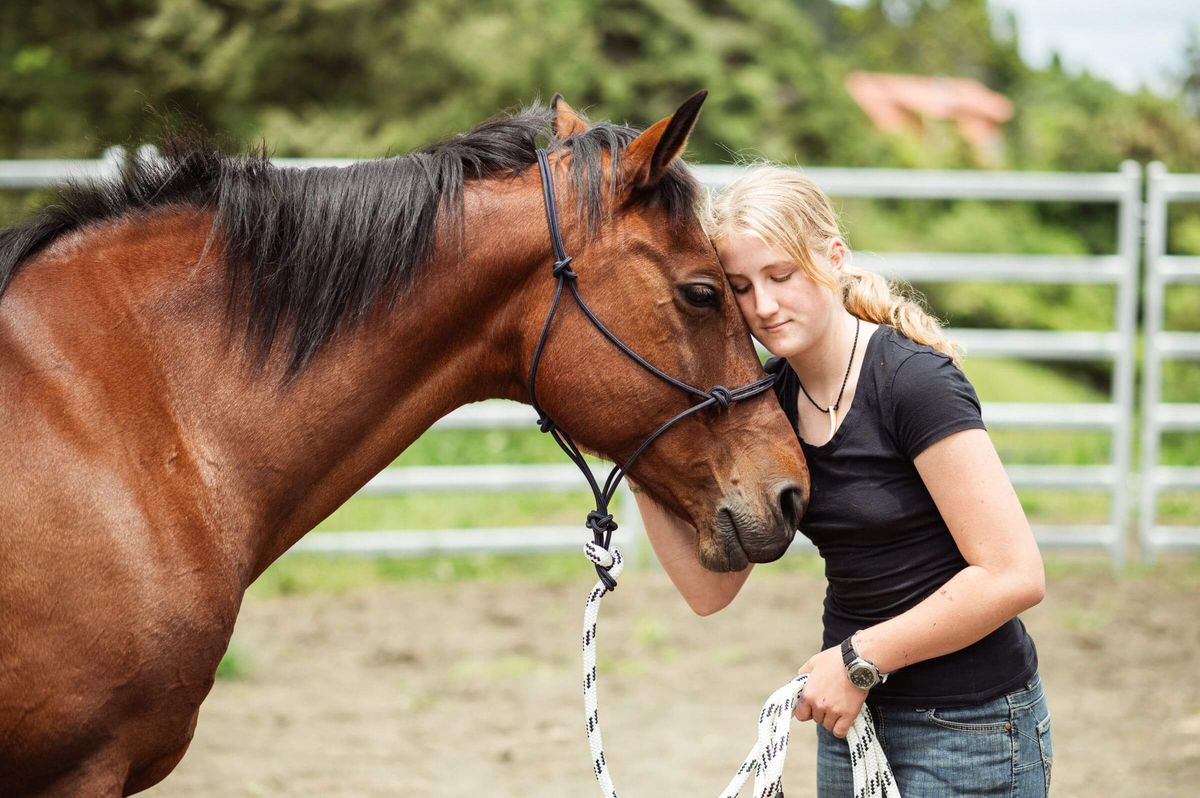Therapy Horses Making a Difference: Healing Through Equine Companionship

Therapy horses have become a transformative force in the world of mental health and physical rehabilitation. Their gentle nature and intuitive responses offer unique therapeutic benefits that traditional treatments sometimes cannot match. This article explores how therapy horses make a difference, the science behind equine-assisted therapy, and practical applications.
What Are Therapy Horses?

Therapy horses are specially trained horses used in therapeutic settings to assist individuals with various physical, emotional, and psychological challenges. Unlike regular riding horses, therapy horses are selected for their calm demeanor, patience, and ability to connect with people.
| Characteristic | Description |
|---|---|
| Temperament | Calm, gentle, and patient |
| Training | Trained to interact safely with diverse groups |
| Role | Support emotional and physical therapy |
Benefits of Therapy Horses

Therapy horses contribute to healing in multiple ways:
- Emotional Support: Their presence can reduce anxiety, depression, and PTSD symptoms by providing comfort and companionship.
- Physical Rehabilitation: Activities like grooming and riding improve motor skills, balance, and coordination.
- Social Skills Development: Interaction with horses encourages communication, trust-building, and empathy.
- Cognitive Improvement: Engaging with horses can enhance focus, problem-solving, and memory.
How Equine-Assisted Therapy Works
Equine-assisted therapy (EAT) involves structured sessions where therapists guide clients in activities with horses. These sessions are tailored to individual needs and may include:
- Grooming and caring for the horse to build responsibility and nurturing skills.
- Riding exercises to improve physical strength and coordination.
- Groundwork activities that foster trust and communication.
The horse’s non-judgmental nature helps clients open up emotionally, making therapy more effective.
Who Can Benefit?
Therapy horses assist a wide range of individuals, including:
- Children with autism spectrum disorders
- Veterans coping with PTSD
- Individuals recovering from trauma or abuse
- People with physical disabilities
- Those experiencing anxiety or depression
Frequently Asked Questions (FAQ)
Q1: Are therapy horses safe for all ages?
A1: Yes, therapy horses are carefully selected and trained to be safe and gentle, making them suitable for people of all ages.
Q2: How long does a typical therapy session last?
A2: Sessions usually last between 30 minutes to an hour, depending on the individual’s needs.
Q3: Do you need prior experience with horses?
A3: No prior experience is necessary; therapists guide participants throughout the process.
Q4: Can therapy horses help with mental health issues?
A4: Absolutely, many studies show significant improvements in mental health conditions through equine-assisted therapy.
Conclusion
Therapy horses offer a unique and effective approach to healing that combines physical activity, emotional support, and social interaction. Their ability to connect with humans on a deep level makes them invaluable partners in therapy, helping individuals regain confidence, improve well-being, and foster resilience.
By understanding the role and benefits of therapy horses, more people can access this compassionate form of treatment and experience its life-changing effects.
